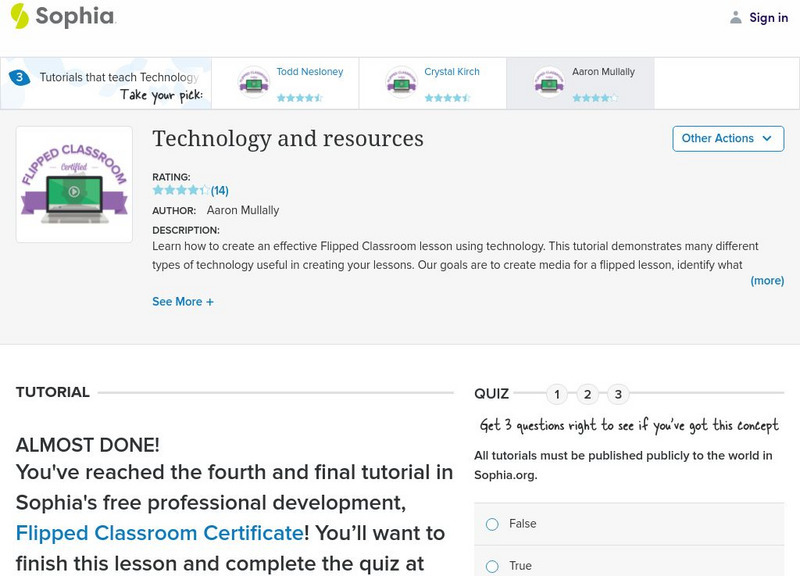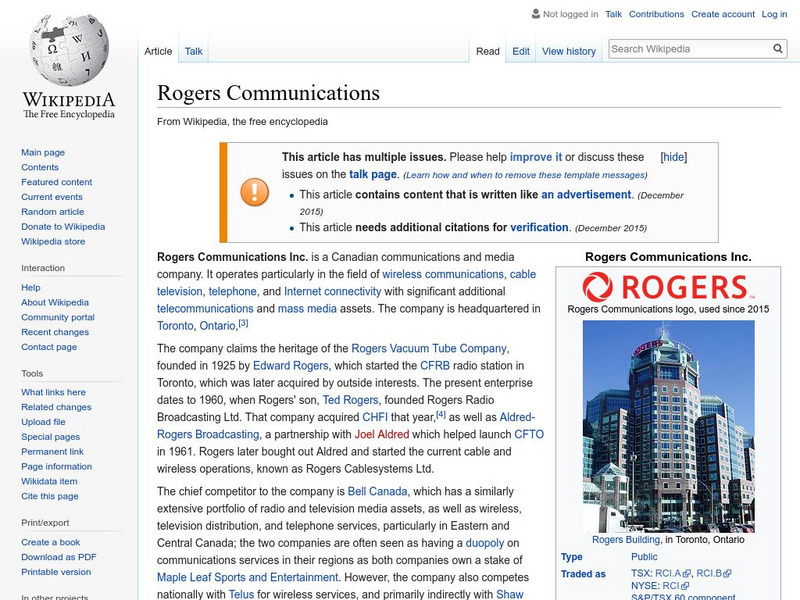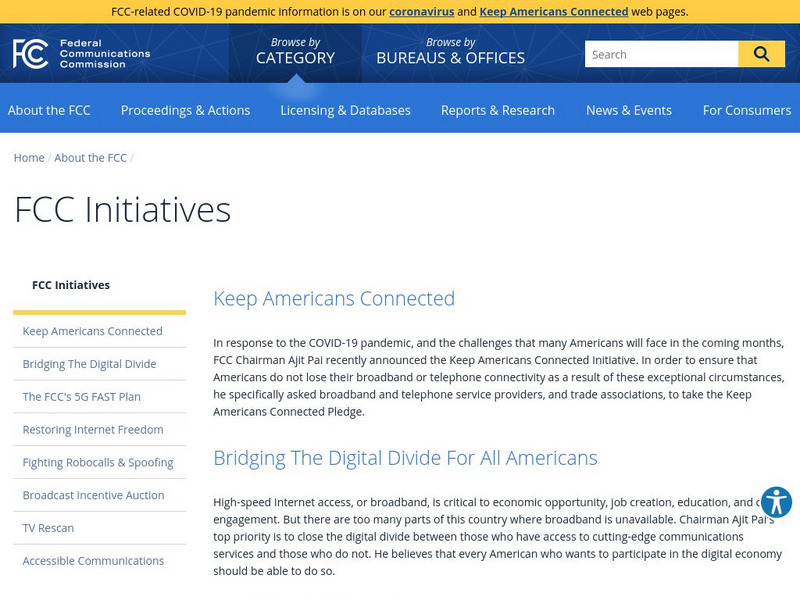Hi, what do you want to do?
A&E Television
History.com: How Us Presidents Have Communicated With the Public From the Telegraph to Twitter
From carefully staged speeches to radio to Twitter, U.S. presidents have always leveraged the cutting edge to connect directly with voters. Two centuries before Twitter, U.S. presidents understood the power of communicating directly with...
Common Sense Media
Common Sense Media: Education: Strong Passwords (3 5)
Students learn how to create secure passwords in order to protect their private information and accounts online. They learn tips for creating safe passwords. They explore scenarios in which two characters choose passwords, and they use...
AdLit
Ad lit.org: Cross Disciplinary Proficiencies: American Diploma Project Benchmarks
Students must graduate from high school with not only a firm foundation in mathematics and English, but also with the ability to approach with confidence new and unfamiliar tasks and challenges in college, the workplace and life....
Sophia Learning
Sophia: Technology and Resources: Lesson 3
This video discusses technology resources to use for creating your lecture media and the importance of injecting yourself into your lesson. This lesson is 3 of 3 in the series titled "Technology and resources."
Sophia Learning
Sophia: Technology and Resources: Lesson 1
This video discusses technology resources to use for creating your lecture media and the importance of injecting yourself into your lesson. This lesson is 1 of 3 in the series titled "Technology and resources."
Other
Analog to Digital: Why and How to Teach Students to Write for an Online Audience
This article discusses the importance of teaching students how to write for an online audience using traditional writing skills but transitioning these to digital media. The author talks about ways to incorporate social media and...
BBC
Bbc: News: Country Profile: Singapore
BBC News provides a general overview of the prosperous south-east Asian country of Singapore. Focus is on history, country facts, leaders, and media. Provides links to a timeline of key events and recent news articles.
PBS
Pbs News Hour: Did Fake News Influence the Outcome of Election 2016?
Don't believe everything that is read on the Internet! So many people around the world follow the news, all news, that they find posted on social media. Some news is real, some news is fake. How much of the fake news might have...
Other
Society of Professional Journalists: Ethics
The text of Society of Professional Journalists' code of Ethics. Created by media ethicist Jay Black, Ph.D., the site includes links to resources and information of SPJ's ethics hotline.
Ducksters
Ducksters: Kids Science: Electronic Communications
Kid's learn about the science behind Electronic Communications. How does it work and where did it come from?
Texas Education Agency
Texas Gateway: Contrast Media's Message With Traditional Text English I Reading
Compare and contrast how visual and non-visual texts communicate information.
Utah Education Network
Uen: Show and Teach
This lesson engages students in classmates sharing their talents. Students will communicate information about their talent and then teach their classmates.
Other
Univ. Of Oregon: Writing for Multimedia: Storytelling: Image, Video, Audio [Ppt]
A PowerPoint presentation on how to communicate a message using image, video, and sound techniques as described by Herbert Zettl. Includes images and links to video examples.
REMC Association of Michigan
Remc Association of Michigan: 21 Things4 Students: 14. Social Networking
A social network is an online community of people who use a website or app to communicate with each other by sharing comments, images, videos, resources, etc. This tutorial consists of four quests and, when you have completed it, you...
Wikimedia
Wikipedia: Rogers Communications
A detailed profile of one of Canada's largest communication corporations. A timeline of events, growth, and expansion are clearly laid out.
Other
Federal Communications Commission: Major Initiatives
This site from the FCC gives information on the main focus of the Federal Communication Commission. They are responsible for most forms of communication.















